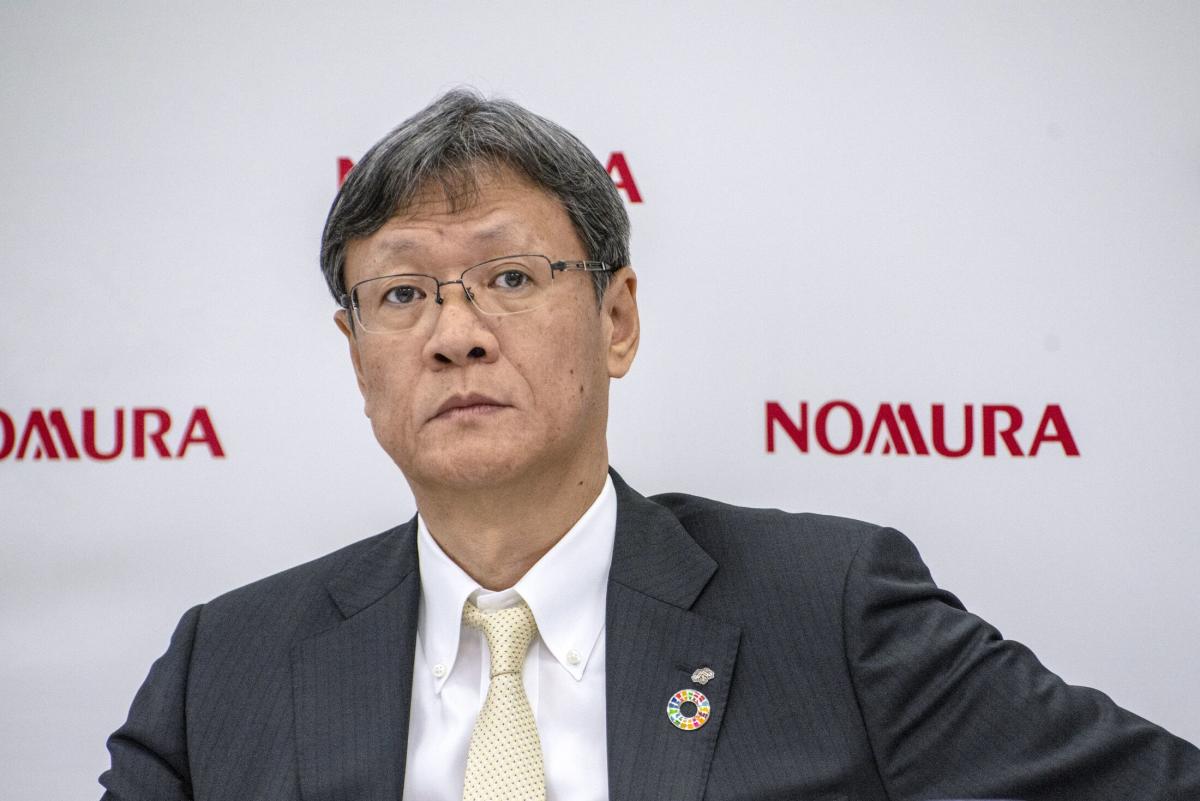Leading UN expert receives applause for calling for an end to the failed ‘war on drugs’

The US-led global “war on drugs” has been a costly and destructive failure that must be ended and replaced with an approach focused on harm reduction, an independent United Nations expert said on Monday.
Tlaleng Mofokeng, the UN Special Rapporteur on the right to health, wrote in a report to the Human Rights Council that since the 1970s, in the wake of the global war on drugs, “the production, distribution and consumption of psychoactive drugs have been massively criminalized and stigmatized, with devastating effects throughout the world and especially in developing countries.”
While the “existing international drug control legal framework has promoted the criminalization of drug use and labeled drug addiction as an ‘evil’ that states must combat,” Mofokeng continued, “the risk of harsh punishment has not served as a deterrent to drug use” and draconian “drug laws and policies have led to the violation of various human rights, including the right to health, with disproportionate impacts on those who are most vulnerable.”
Mofokeng, a South African doctor, noted that the war on drugs “has negatively impacted the availability, accessibility, acceptability and quality of certain drugs used as medications.”
As an alternative to prison sentences and other punitive drug laws, Mofokeng urged countries to “decriminalize the use, possession, purchase and cultivation of drugs for personal use” and introduce “harm reduction services such as needle exchange programs and opioid substitution therapies” for those suffering from addiction.
Governments should also “decriminalize, repeal, revoke or amend laws and policies that negatively impact the right to health and perpetuate various systems of oppression such as racism and colonialism” and “ensure that the enforcement of drug laws does not result in violations of the enjoyment of the right to health,” Mofokeng said.
“Governments must put the ‘war on drugs’ behind them and begin implementing all the recommendations set out in this report.”
Human rights activists welcomed the UN expert’s recommendations.
Erika Guevara-Rosas, director of research, advocacy, policy and campaigns at Amnesty International, said in a statement: “This is a bold and urgent call to governments around the world to finally abandon the obviously failed policy of the so-called ‘war on drugs’.”
“For over sixty years, this misguided public health approach has not only failed to reduce drug use and supply, but it has also led to widespread human rights violations, violence, mass incarceration, suffering and abuse around the world, disproportionately affecting people from historically marginalized communities,” said Guevara-Rosas. “This report powerfully shows that there is another way. Focusing on harm reduction, treatment and social support has proven the benefits of putting human rights at the heart of drug policy.”
The United States has spent over a trillion dollars on the war on drugs that the Nixon administration began in the early 1970s. In recent years, the U.S. and European governments have diverted large portions of their international development aid budgets to the international drug war effort, fueling militarization and deadly violence in Latin America and elsewhere.
Between 2012 and 2021, wealthy governments spent nearly $1 billion of their international aid budgets fighting the drug war, according to an analysis published last year by Harm Reduction International. More than half of that aid money came from the United States.
The guardreported in September that the United States had “hugely increased” the amount of international aid spent on drug control under President Joe Biden. Biden has come under criticism from human rights groups for expanding his punitive policies in the war on drugs.
“Many lives have been sacrificed and it is time to stop wasting resources,” Guevara-Rosas said on Monday. “Governments must leave the ‘war on drugs’ in the past and begin implementing all the recommendations set out in this report. This includes decriminalizing personal use, possession, cultivation and acquisition of drugs, and moving toward effective drug regulation to ensure legal and safe access for those who have the right to do so.”



